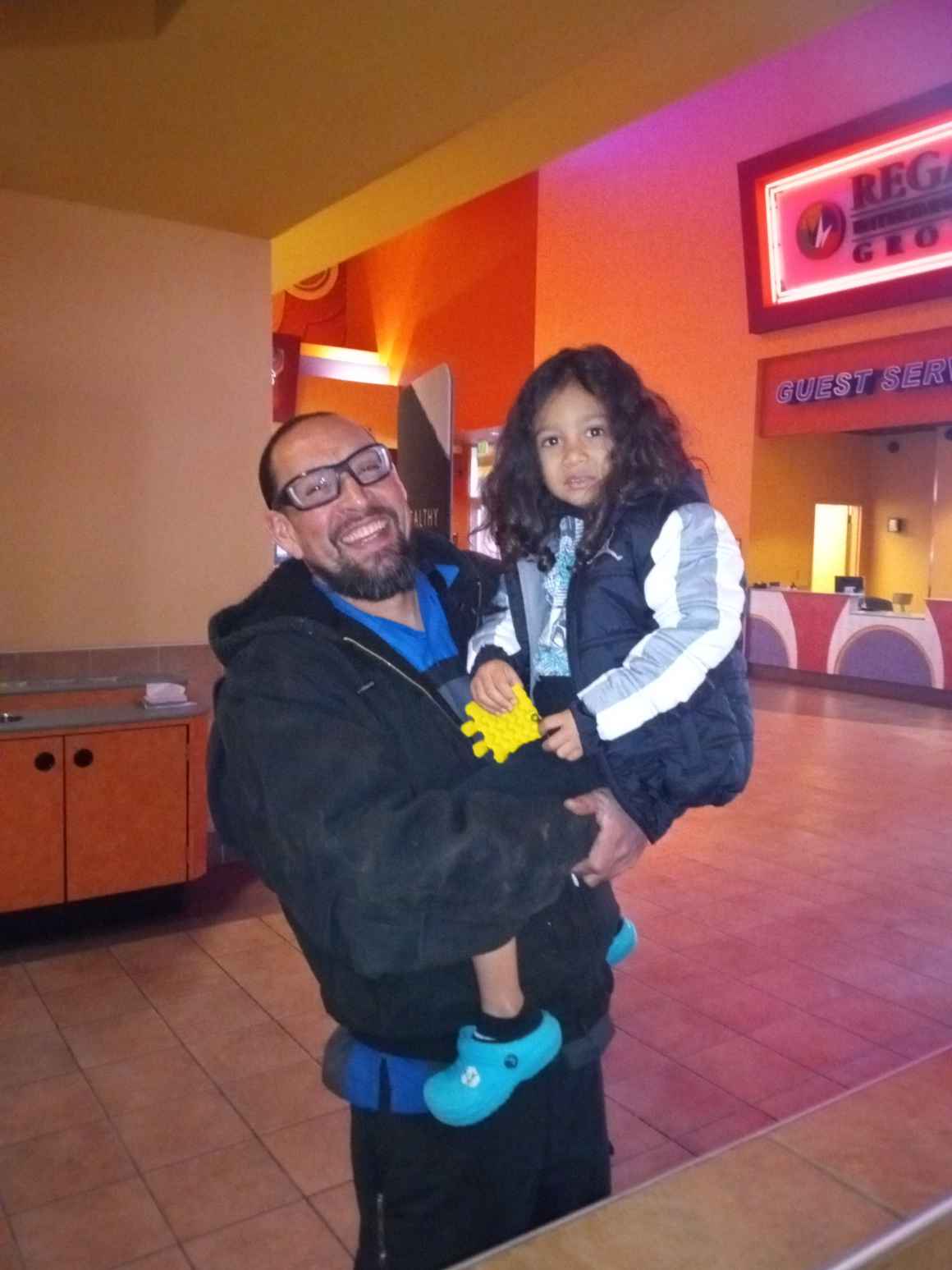Adam Griego is a master mechanic, member of the Justice Advisory and Accountability Board of the ACLU of New Mexico, and a member of OLÉ. This blog is taken from his speech at End Mass Incarceration Day at the Roundhouse during the 2024 Legislative Session.
Good morning, everyone. I would like to welcome you to our day of action to end mass incarceration.
There is no research to support the idea that mass incarceration makes our communities any safer.
A little bit about myself and my lived experience. I first entered the confines of what is known as the Hotel, Downtown El Paso, a detention facility built up like a large hotel, on June 29, 2018. Making my way through the facility, I was moved into a secured room. It was standing room only that was so packed, I fell asleep standing up, never to once to fall or collapse. Slowly, we were worked into a processing area one by one. Finally, I was interviewed by an intake coordinator who asked me a very detailed set of questions about myself. Then I was off to a holding cell so overcrowded I had to squeeze between men on the floor. Bodies were like sardines in every direction, packed so tightly, you couldn’t move.
Photo Below: Adam Griego and his Grandson.

The picture I am painting depicts conditions and rampant overcrowding in facilities across this nation. Today, January 30, is just four days shy of the largest prison riot to ever occur and it happened right here in Santa Fe, NM. Some that lost their lives should not have been in the penitentiary due to their crimes. The final analysis of the root causes of the riot were prison overcrowding, inferior prison services, violence against inmates from officers, and official corruption. Most of these same conditions are present to this day in many if not all correctional institutions. Rampant under staffing, poor training of staff, and substandard conditions are common in most prisons. Personally, I was subjected to involuntary solitude and enslavement.
Punitive consequences and sanctions serve no value in the rehabilitation of a human being.
The loss to our loved ones on the outside is unconscionable. Oftentimes they have no idea where we are or what facility we are housed in. There is no response from staff when you call the facilities. My 17-year-old daughter who was seven months pregnant had no idea where I was for weeks after seeing me whisked away in from a federal court room in El Paso. The financial burden placed on the family unit is ridiculous. After losing the primary source of income for the household at the drop of a hat, they are forced to fend for themselves.
We must focus efforts on reform, not creating more laws that hurt our families and communities.
There is no research to support the idea that mass incarceration makes our communities any safer. On the contrary, it is destroying families, our society, and has dire economic consequences. As a nation, we have five percent of the entire world population but a staggering nearly 25% of the world's incarcerated population. The racial disparities of those incarcerated are also indicative of a largely biased society. Punitive consequences and sanctions serve no value in the rehabilitation of a human being. We must begin to become a generation of healers focused on the core values of a stronger, more interwoven, and inclusive society. We must focus efforts on reform, not creating more laws that hurt our families and communities.
We must seek solutions. In the words of the law professor Andrea Armstrong, transparency and accountability are critical tools for safeguarding our collective humanity. Thank you for your time.

